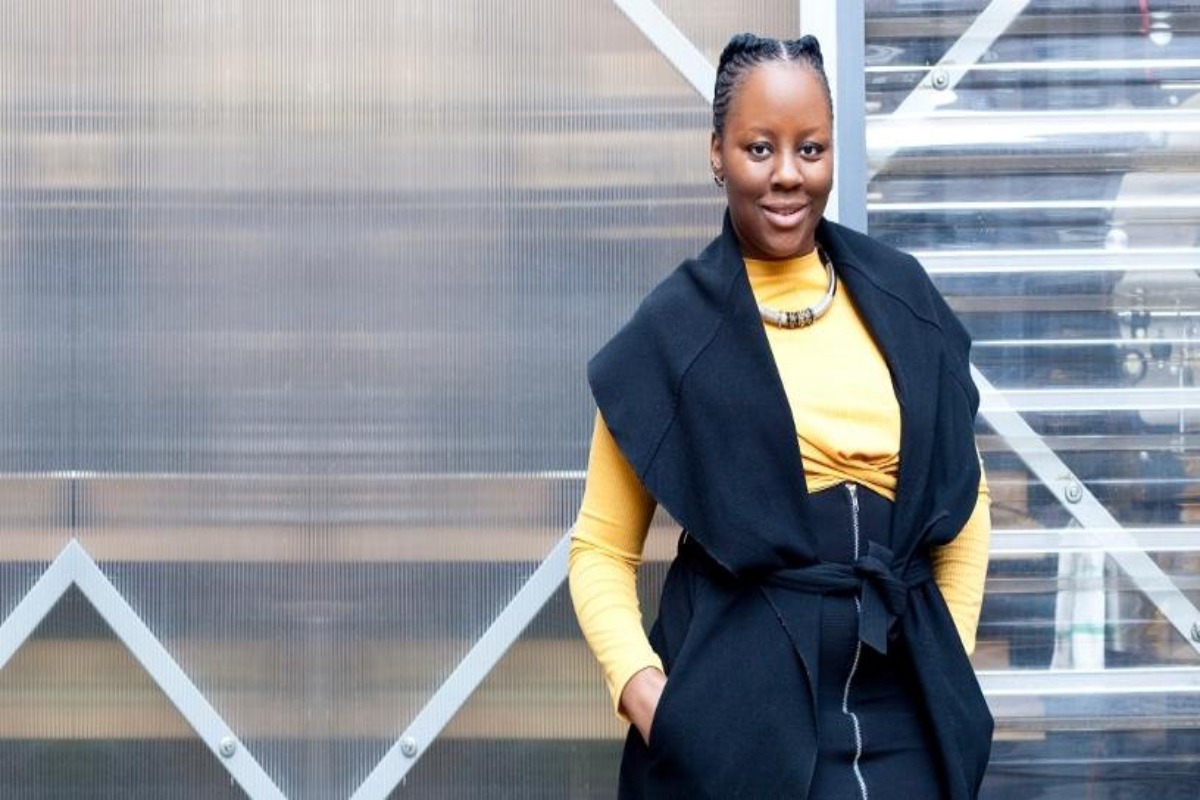A survey reveals that 43.5% of South African women in the Technology sector are not paid the same as their male coworkers, and 38% of the women are not as aggressive as men.
More than 200 South African women who work in the tech industry were interviewed for the 2022 KnowBe4 Women’s Day Survey to learn more about how they feel about the industry, the gender gap, and discrimination.
The survey talked to women between the ages of 25 and 54 about some of the biggest problems women usually face in the IT and technology fields.
Most women (53.5%) thought they had seen little or no gender-based discrimination when looking for jobs.
The survey also found that discrimination was not seen as a big problem at work, but it was listed as one of the most significant problems women faced when they first started working in the industry. About 28% of women said that discrimination kept them from getting a job; 31% said that sexism kept them from getting a job, and 33% said they were not taken seriously enough in their field. 28% were upset that they were given tasks that had nothing to do with their jobs, like taking meeting minutes.
“The results reflect some positive light on our industry as women are progressively offered more possibilities and greater support,” says Anna Collard, SVP of Content Strategy and Evangelist at KnowBe4 Africa. This help comes from roles that give them job satisfaction, flexibility, good coworkers, and senior women in the field who guide and mentor them.
Read: Top 10 South African Tech Startups To Pay Attention To in 2022 And Beyond
Why do women go into Tech Industry?
In the study of women, 22.5% said they entered the sector because they had a great role model, while 72.5% said they were always interested in technology. None of the participants chose “it’s a male-dominated industry, and I wanted to show that women can also dominate any industry” or “I didn’t know what career to choose.”
In particular, the last two, show a personal success mindset geared toward breaking into the technology industry. After all, it is an exciting and appealing career choice. This is demonstrated by the fact that 95% of the people who answered the survey said they were happy with their jobs in technology.
Collard says that women are drawn to this field and enjoy working in it. “They love the challenges and the chances it gives them.” This is why it’s critical for businesses to address the problems that persist, such as that women are often given menial activities that are more frequently seen as “female responsibilities” or aren’t treated with the same respect as their male coworkers. A concerted effort is also needed to get more young women and girls interested in technology and cyber security careers.
How to balance the situation
Nearly 60% of those who answered the survey thought that girls should be able to study science, technology, engineering, and math (STEM) earlier in school, and 51% thought that cybersecurity as a whole should be easier to learn.
Cyber security needs more understanding and chances at the local level to level the playing field between men and women and close a multiplying skills gap.
Read: The First Nigeria Startup Bill Moves Closer to Presidential Assent
A staggering 78% of respondents agreed that mentoring young women in their early careers are necessary. This crucial strategy would make entry into the sector more open and significantly less intimidating for young women. This is shown by the fact that 56% of people think there should be more female role models, 22.5% of people got into technology because of a great role model, and 64% of people say that finding a mentor or role model is an excellent way to grow in your career.
As Collard says, “This is needed not only to make women feel like the tech industry is a good fit for them but also to give them more confidence when negotiating salaries and roles.” 85.5% of respondents would take the chance for a promotion at their workplace, but 8% thought they shouldn’t even try because they thought it would go to a male colleague.
Also, 70% thought that women could get through the problems in the industry by treating their female coworkers as partners instead of rivals, and almost 35% said it was essential to find a tribe of like-minded groups and organisations.
Women are getting more comfortable in the tech industry. It is imperative that they are integrated into the tech space. However, some old problems still need to be fixed so that gender doesn’t appear in every tech conversation.
